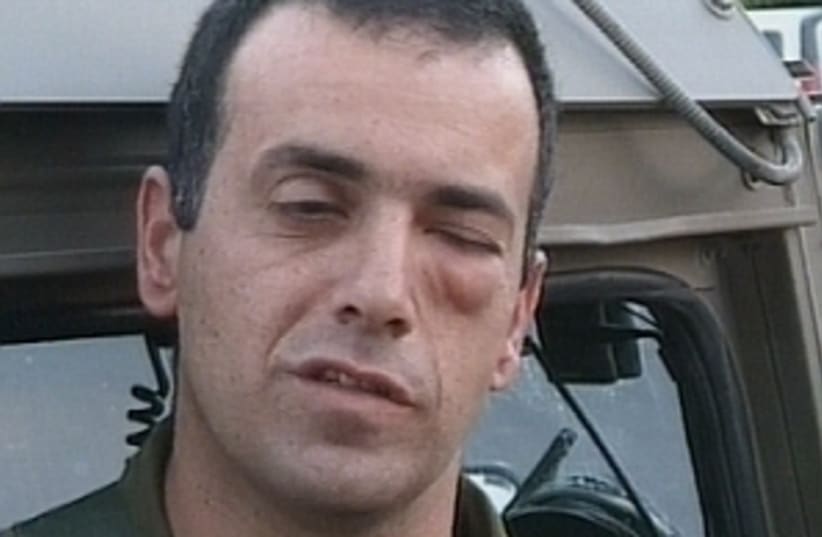| More about: | Yitzhak Rabin, Yehuda Amichai, Elazar Stern, Book of Proverbs |
Repairing a 'people full of cracks'
I can't countenance a perversion of Judaism which attempts to turn our faith into a cult of intolerance.


| More about: | Yitzhak Rabin, Yehuda Amichai, Elazar Stern, Book of Proverbs |